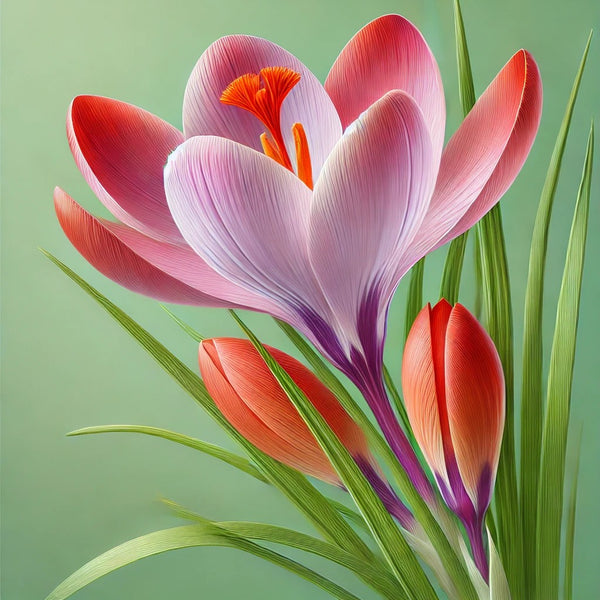1
/
of
12
Gold Lace' Pfitzer Juniper 1 Gallon
Gold Lace' Pfitzer Juniper 1 Gallon
Regular price
$21.60 USD
Regular price
$28.08 USD
Sale price
$21.60 USD
Unit price
/
per
SKU:NSE4746-RedCrocus
Couldn't load pickup availability
Juniperus chinensis 'Pfitzeriana Gold Lace'
Description
Juniperus chinensis 'Pfitzeriana Gold Lace' is a stunning evergreen shrub known for its vibrant golden-yellow foliage. This cultivar is a popular choice for adding year-round color and texture to landscapes. Its arching branches create a graceful, spreading habit that makes it an excellent choice for ground cover or as a specimen plant.
Suggested Uses
This juniper is ideal for use in rock gardens, foundation plantings, or as a low-maintenance hedge. Its bright foliage provides a striking contrast against darker evergreens and is perfect for adding visual interest to mixed borders.
Plant Details
-
 Botanical Name: Juniperus chinensis 'Pfitzeriana Gold Lace'
Botanical Name: Juniperus chinensis 'Pfitzeriana Gold Lace' -
 Common Name: Gold Lace' Pfitzer Juniper
Common Name: Gold Lace' Pfitzer Juniper -
 Size & Growth: Reaches 3-5 feet in height and 5-7 feet in width
Size & Growth: Reaches 3-5 feet in height and 5-7 feet in width -
 Hardiness Zones: 4-9
Hardiness Zones: 4-9 -
 Foliage Type: Evergreen
Foliage Type: Evergreen -
 Bloom Time: Non-flowering
Bloom Time: Non-flowering -
 Growth Rate: Moderate
Growth Rate: Moderate -
 Light Requirements: Full sun to partial shade
Light Requirements: Full sun to partial shade -
 Attracts Pollinators: No
Attracts Pollinators: No -
 Indoor Friendly: No
Indoor Friendly: No -
 Container Friendly: Yes
Container Friendly: Yes -
 Deer Resistant: Yes
Deer Resistant: Yes -
 Pet Warning: Non-toxic
Pet Warning: Non-toxic -
 Fragrant: No
Fragrant: No -
 Cut Flower: No
Cut Flower: No -
 Grows Well With: Other junipers, ornamental grasses, and perennials
Grows Well With: Other junipers, ornamental grasses, and perennials
Care Tips
-
 Planting Instructions: Plant in well-drained soil in a location with full sun to partial shade
Planting Instructions: Plant in well-drained soil in a location with full sun to partial shade -
 Soil Moisture: Prefers dry to medium moisture levels
Soil Moisture: Prefers dry to medium moisture levels -
 Soil Type: Tolerates a wide range of soils, including sandy and clay
Soil Type: Tolerates a wide range of soils, including sandy and clay -
 Humidity: Low humidity preferred
Humidity: Low humidity preferred -
 Pruning Instructions: Prune in early spring to maintain shape and remove dead or damaged branches
Pruning Instructions: Prune in early spring to maintain shape and remove dead or damaged branches -
 Winter Care: Mulch to protect roots in colder climates
Winter Care: Mulch to protect roots in colder climates -
 Planting Depth: Plant at the same depth as the nursery container
Planting Depth: Plant at the same depth as the nursery container -
 Fertilization: Fertilize in early spring with a balanced fertilizer
Fertilization: Fertilize in early spring with a balanced fertilizer -
 Special Care: Ensure good air circulation to prevent fungal diseases
Special Care: Ensure good air circulation to prevent fungal diseases
Share
























